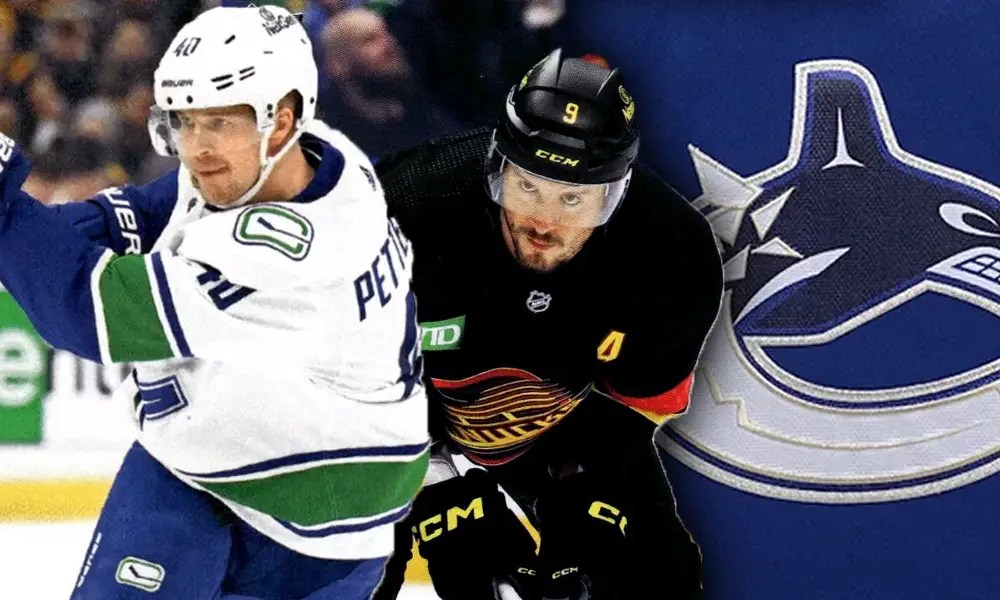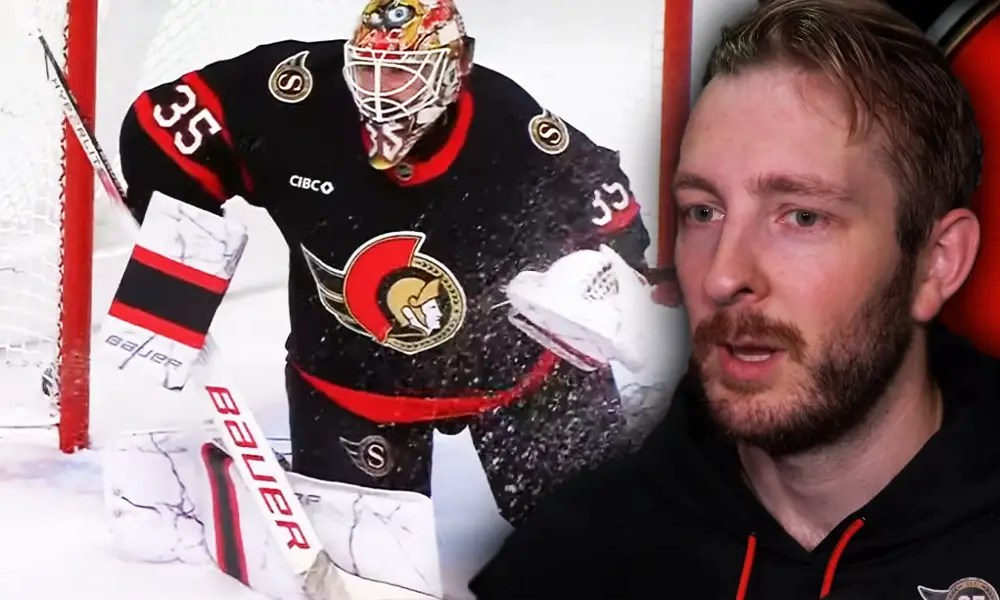[ad_1]
The NHL ‘Loser Point’ is inferior compared to the PWHL 3-2-1 point system which incites competitive hockey. Since the inception of the ‘loser point’, playoff spots have been rewarded to teams with more losses, creating skewed NHL playoff brackets. The 2005-2006 Vancouver Canucks were one of the first teams to experience the flaws of the current point system. In the NHL, a direct component of teams being snubbed is the lack of competitive incentive that the ‘loser point’ creates. Thankfully, this lack of incentive is none existent in the PWHL.
The NHL point system has been criticized for a while now. This past January, we saw the creation of the PWHL. With that came rule changes to the game of hockey. One of which is that the winning team is rewarded with three points for a regulation win; the overtime winner gets two while the loser gets a single point. This seemingly minuscule rule change has created an environment of “must win in regulation” in every single game. A game that needs extra time is worth less than a game that doesn’t. That extra incentive to win a game in regulation leads to a captivating final few minutes.
Comparatively, NHL games that are tied during the final five minutes are boring. Both teams wouldn’t want to give up a goal to lose the guaranteed point. This leads to teams playing cautiously and defensively in the final five. While with the PWHL three-point rule, the final five minutes lead to teams playing more aggressively and offensively. You do not want to go into extra time in the PWHL. While in the NHL, there’s a benefit to doing so.
Why Should the NHL Look Into Adding the PWHL’s 3-2-1 System?
The NHL 2005–06 season was the first season that the “loser point” was in play and quickly exposed the flaws. The first victims were the Vancouver Canucks. With a record of 42-32-8, they lost their playoff spot to the Edmonton Oilers. The Oilers record was 41-28-13.
As a result, teams are missing playoff spots. A team in the NHL can go into extra time and lose all 82 games and realistically make it into the playoffs. In the PWHL, that concept seems foreign.

With the three-point rule, teams are rewarded for actually playing good hockey and winning in regulation. This format adds a competitive edge and provides a solution to snubbing teams for playoff spots. While we are yet to see a full season under this system, it’s important to see how this rule is changing hockey as we know it. The NHL should look at the PWHL and see how this rule is an easy fix and an incentive to the NHL point system.
Next: McDavid Drops Big Hint About Goaltending Plans for Oilers

[ad_2]
Source link
This website aggregates and curates news articles, blog posts, and other content from a variety of external sources. While we aim to link back to the original source, this site does not own or claim ownership of any articles, posts, or other content indexed on this site. The views, opinions, and factual statements expressed in each piece of aggregated content belong solely to its respective author and publisher. We make no representations or warranties regarding the accuracy or completeness of aggregated content. Visitors are advised to verify facts and claims through the original source before reuse or redistribution.



